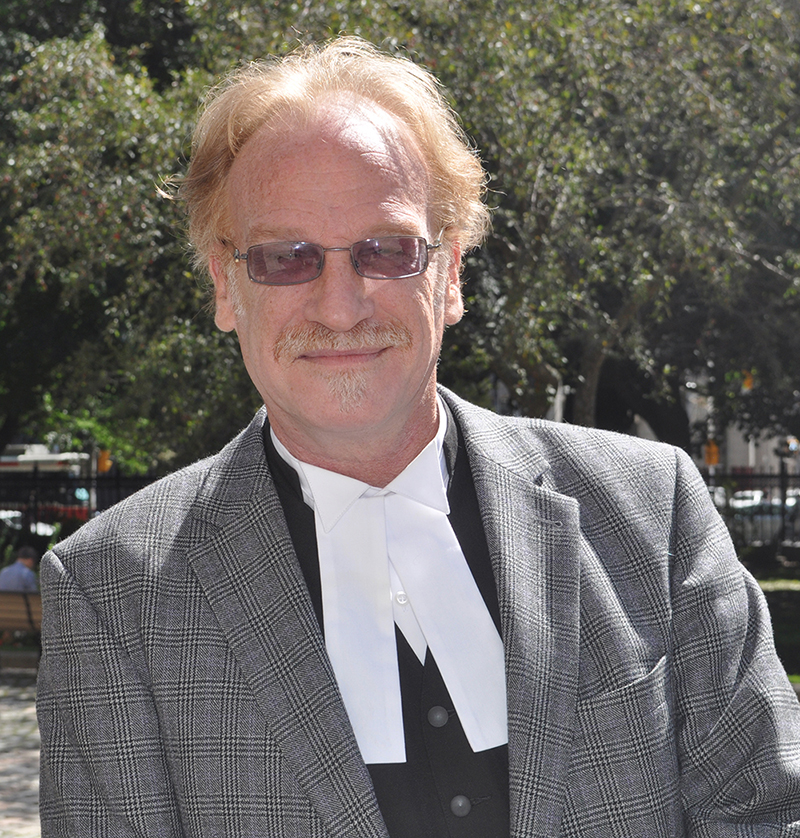
A case that tested whether a municipality overstepped its jurisdiction in trying to regulate operating hours of a body rub parlour in Vaughan may be headed to the Supreme Court of Canada.
In
Her Majesty the Queen and The Regional Municipality of York v. Tsui Justice Sarah Pepall of the Court of Appeal for Ontario last week overturned previous lower court rulings and ruled in favour of the municipality and ordered a new trial.
“Obviously I’m pleased with the decision. I think it was a big win for municipalities. It clarifies the scope in which municipalities can legislate to suppress conditions that are conducive to crime. It kind of expanded upon the scope in which municipalities can regulate,” says Chris Bendick, senior counsel, prosecutions, court services with the Regional Municipality of York.
The case is a constitutional battle over a municipal bylaw and a body rub parlour owned by Eric Tsui. The City of Vaughan passed a bylaw in 2005 regulating the operation of body rub parlours in its jurisdiction. Tsui was charged with contravening that section of the bylaw governing operating hours — permitting a body rub parlour to be open outside permitted times on July 8, 2012.
A justice of the peace accepted Tsui’s arguments and held that the bylaw’s provisions relating to hours of operation and dress were criminal in scope and invaded federal authority. The justice of the peace noted that the hours of operation provisions were “unfairly discriminatory” because strip clubs are permitted to stay open until 2:00 a.m., whereas body rub parlours must close at 10:00 p.m.
As such, the JP struck the provisions as being
ultra vires the municipality. The Ontario Court of Justice dismissed the city’s appeal.
The Attorney General of Ontario then intervened in the appeal to challenge the Ontario Court of Justice’s treatment of the scope of the provincial power to legislate to suppress conditions conducive to crime.
Tsui, who was represented by law students led by Alan Young, a law professor at Osgoode Hall Law School and co-founder of Osgoode’s Innocence Project, challenged the bylaw on the basis that it was unconstitutional. He argued the bylaw was outside of the municipality’s jurisdiction because it constituted criminal law; specifically, that the bylaw’s provisions governing hours of operation provision was a prohibition against prostitution.
Young says Tsui is considering whether to accept the Court of Appeal decision or seek leave to the Supreme Court of Canada.
The same regulations apply in almost every jurisdiction in Ontario, it’s just a question about whether it’s enforced, says Young.
“York Region seems to care. They have a lot more moral virtue enforcement than other jurisdictions,” he says. “The city knows there is a sanctuary called the Court of Appeal which pretty much upholds all municipal bylaws in this area and so it was somewhat inevitable they would appeal and get it reversed,” says Young.
Young says he took the case because in his view, the City of Vaughan was using municipal regulation for a prohibitory purpose.
“I wanted to challenge what I perceive to be the hypocrisy of municipalities saying that they are just regulating a business when in fact they are supplementing the criminal law because criminal law is highly under-enforced in this area and they get very little satisfaction,” he says. “I really don’t think municipalities have that criminal law power.”
Bendick says the decision recognizes that municipalities and provinces have a role to play in “overlapping federalism.”
“It’s not the water-tight compartment approach that is the old way of doing things in the case law from many years ago. I think there is an acknowledgement starting with
Canadian Western Bank [v. Alberta] that there is supposed to be overlapping federalism and has to be an acknowledgement and respect of both areas both federal and provincial,” he says.
Body rub regulations have been challenged over the last 10 years with a few lower court successes but no higher court success.
“A lot of people in the business were waiting for this decision to determine whether they would get a red or green light in terms of hours of operation,” says Young.
“There has been a slow expansion of provincial and municipal authority in the area of criminal law,” says Young. “Even though I understand that’s the nature of our federalism I do believe duplicative laws are Kafkaesque for the public. Sure, maybe our constitution allows it but we should minimize the amount of over-regulation by different levels of government because it becomes confusing even if not contradictory. It’s perhaps time for the Supreme Court of Canada to look to see whether or not this trend to increasing provincial power is what they view is the proper perspective on federalism.”
Young was recommending Tsui combine with other body rub parlour operators interested in the issue if he decides to seek leave to appeal to the Supreme Court.

 A case that tested whether a municipality overstepped its jurisdiction in trying to regulate operating hours of a body rub parlour in Vaughan may be headed to the Supreme Court of Canada.
A case that tested whether a municipality overstepped its jurisdiction in trying to regulate operating hours of a body rub parlour in Vaughan may be headed to the Supreme Court of Canada.